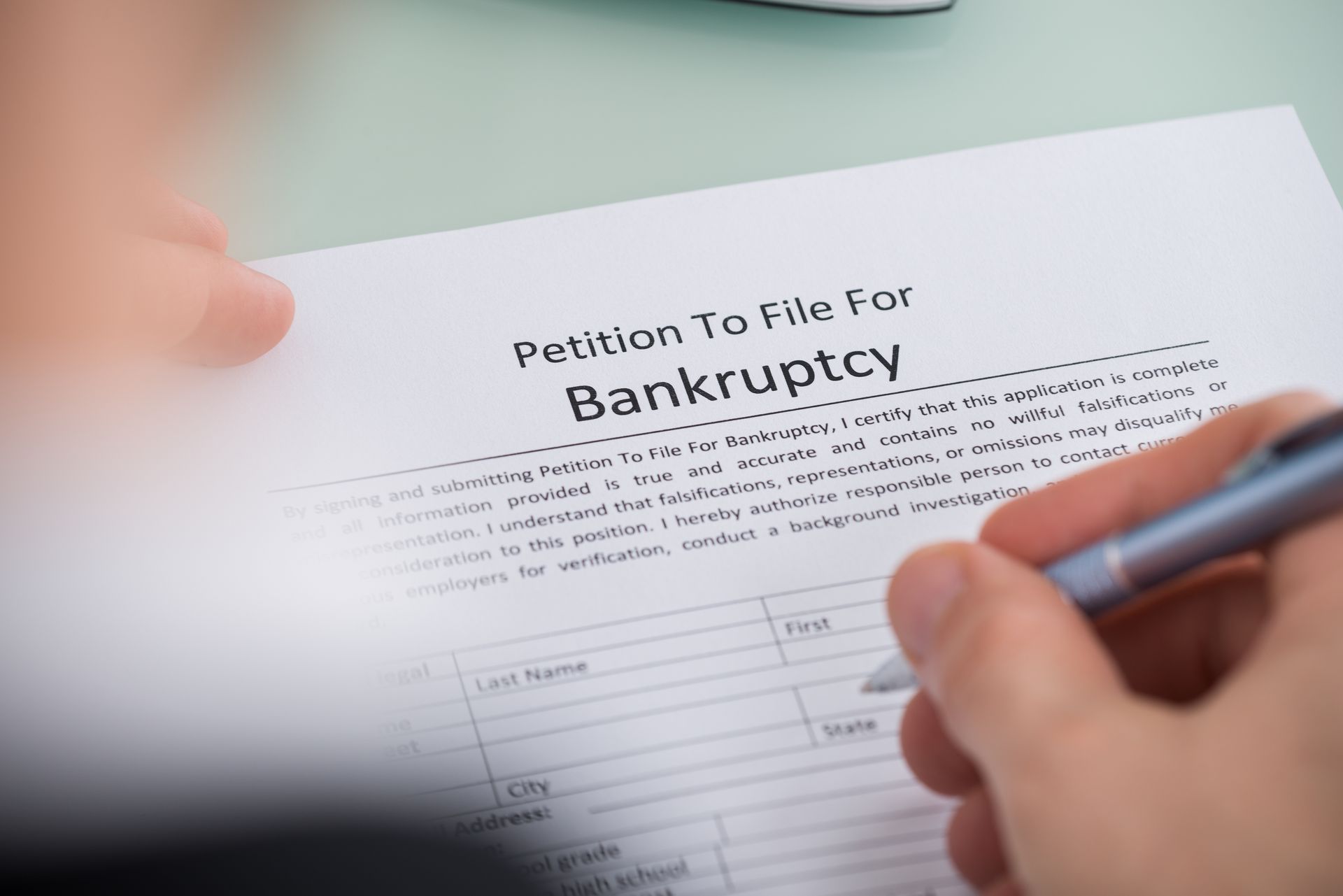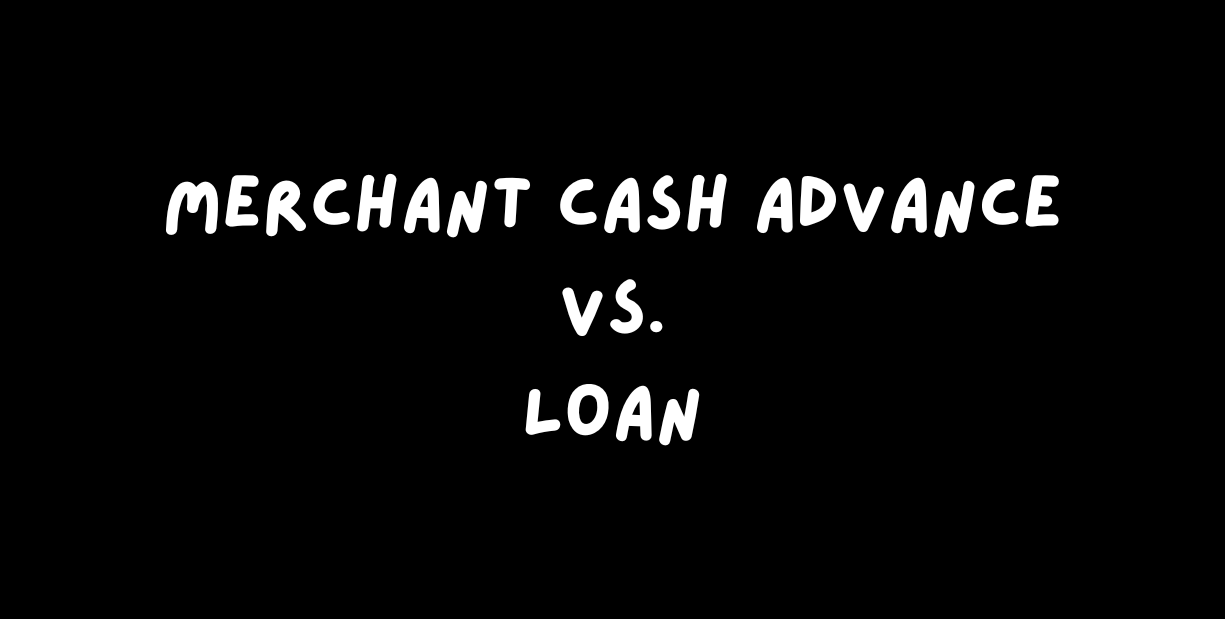What Is Chapter 11 Bankruptcy for Business? A Complete Guide
What Is Chapter 11 Bankruptcy for Business?

At J. Singer Law Group, we help businesses navigate the complexities of Chapter 11 bankruptcy , ensuring they make informed decisions about their financial future. This guide will explain how Chapter 11 works, who qualifies, and why it may be the best option for struggling businesses.
What Is Chapter 11 Bankruptcy for Businesses?
Chapter 11 bankruptcy, often called “ reorganization bankruptcy ,” is designed for businesses that want to stay operational while restructuring their financial obligations. It allows companies to:
- Reduce or restructure debt to become profitable again
- Renegotiate leases, vendor contracts, and loan terms
- Continue daily operations while repaying creditors under a manageable plan
Unlike Chapter 7 , which liquidates assets and shuts down operations, Chapter 11 helps businesses regain financial stability while remaining open.
Who Can File for Chapter 11 Bankruptcy?
- Corporations – Public and private companies
- Limited Liability Companies (LLCs)
- Partnerships
- Sole Proprietorships – Unlike corporations, sole proprietors remain personally liable for debts
Even high-net-worth individuals with substantial debt and complex finances can file Chapter 11 if their obligations exceed Chapter 13 limits.
How Does Chapter 11 Bankruptcy Work?
Step 1: Filing the Bankruptcy Petition
Once a business files for Chapter 11 bankruptcy, an automatic stay goes into effect, preventing:- Creditor lawsuits
- Foreclosures
- Wage garnishments
- Collection calls
This provides breathing room for the company to develop a repayment plan without the immediate threat of losing assets.
Step 2: Creating a Reorganization Plan
The business must propose a reorganization plan, which includes:- How debts will be repaid over time
- Whether assets will be sold to pay creditors
- How operations will be restructured to improve profitability
The plan must be approved by creditors and the bankruptcy court.
Step 3: Creditor Approval & Court Confirmation
Creditors vote on the plan, and at least one class of impaired creditors must approve it. If creditors reject the plan, the business can request a court-approved "cramdown", allowing the plan to move forward despite objections.Step 4: Implementing the Plan & Debt Repayment
Once approved, the business follows the reorganization plan, making structured payments while keeping control of operations.Benefits of Chapter 11 Bankruptcy for Businesses
- Avoids Business Closure – Unlike Chapter 7, businesses can continue operating.
- Stops Creditor Actions – The automatic stay prevents lawsuits, foreclosures, and asset seizures.
- Debt Reduction & Flexible Repayment – Companies can extend payment terms, lower interest rates, or even reduce total debt.
- Renegotiates Leases & Contract s – Businesses can modify supplier agreements, property leases, and employee contracts.
- Allows for Business Restructuring – Companies can streamline operations and improve cash flow without creditor pressure.
Challenges of Chapter 11 Bankruptcy
- Expensive & Time-Consuming – Chapter 11 cases can last months or even years, requiring significant legal fees.
- Requires Creditor & Court Approval – Businesses must convince creditors that the plan is viable.
- Strict Financial Reporting – Businesses must submit detailed financial reports throughout the process.
- Loss of Control in Some Cases – If the court appoints a trustee, the business owner may lose control over financial decisions.
Small Business Chapter 11: A Faster & Cheaper Option
To help small businesses, the Small Business Reorganization Act (SBRA) created Subchapter V of Chapter 11, which simplifies the process by:- Eliminating creditor committees, reducing legal fees
- Speeding up the approval process (plan must be submitted within 90 days)
- Allowing business owners to retain control over operations
This is ideal for businesses with less than $7.5 million in debt looking for a more affordable restructuring solution.
Alternatives to Chapter 11 Bankruptcy
If Chapter 11 isn’t the best fit, businesses may consider:
- Debt Settlement – Negotiating directly with creditors to reduce balances
- Chapter 7 Bankruptcy – Liquidation for businesses without a path to recovery
- Chapter 13 Bankruptcy – For sole proprietors seeking a structured repayment plan
- Business Sale or Merger – Selling assets or merging with another company to avoid bankruptcy
A bankruptcy attorney can help assess the best financial strategy.
Famous Companies That Successfully Used Chapter 11
Many well-known businesses have filed for Chapter 11 and emerged stronger:
�55356;�57307; General Motors (GM) – Restructured operations and became profitable again. �55356;�57320; Marriott Hotels – Used Chapter 11 to renegotiate real estate leases. ✈ United Airlines – Reduced debt and continued serving customers worldwide.
Chapter 11 isn’t the end—it’s a second chance for financial stability.
How to File for Chapter 11 Bankruptcy
Step 1: Consult an Experienced Bankruptcy Attorney
Filing for Chapter 11 is complex, requiring strategic planning. A bankruptcy attorney will:- Evaluate your financial situation
- Develop a strong reorganization plan
- Represent your business in court
Step 2: File the Bankruptcy Petition
This initiates the automatic stay, stopping creditor actions.Step 3: Develop a Repayment Plan
Businesses must submit a detailed proposal to restructure debts and reduce costs.Step 4: Gain Creditor & Court Approval
Once creditors and the court approve the plan, the business begins making structured payments.Step 5: Implement the Plan & Monitor Finances
Regular financial reporting ensures compliance with the reorganization plan.Conclusion
Chapter 11 bankruptcy offers struggling businesses a way to stay open, restructure debt, and regain profitability. Although complex and costly, it provides critical legal protections and financial flexibility to ensure long-term success.
At J. Singer Law Group, we specialize in helping businesses navigate Chapter 11 bankruptcy and find the best path forward. Whether you need to restructure, negotiate with creditors, or explore alternative solutions, our team is here to help.
Contact us today for a free consultation and take control of your business’s future!











